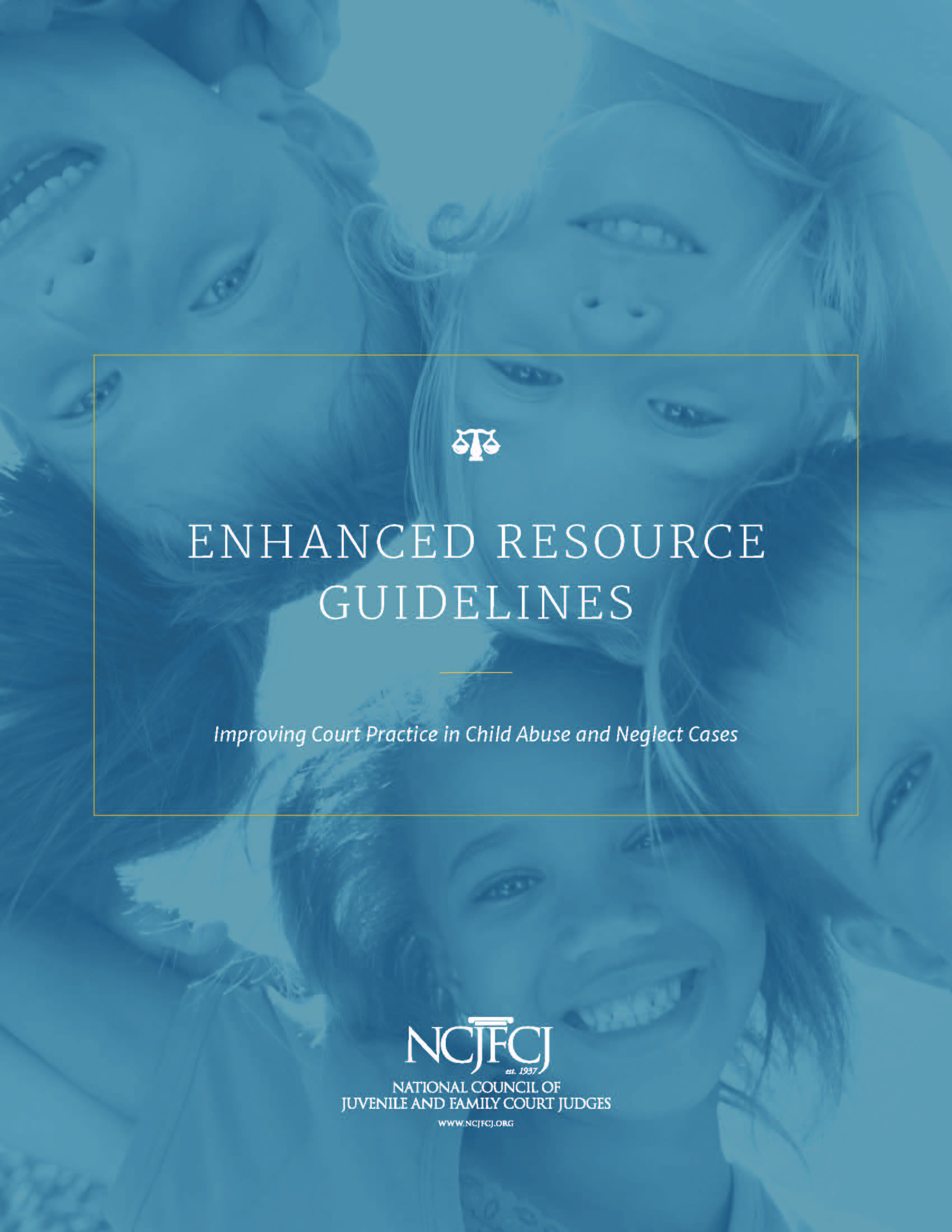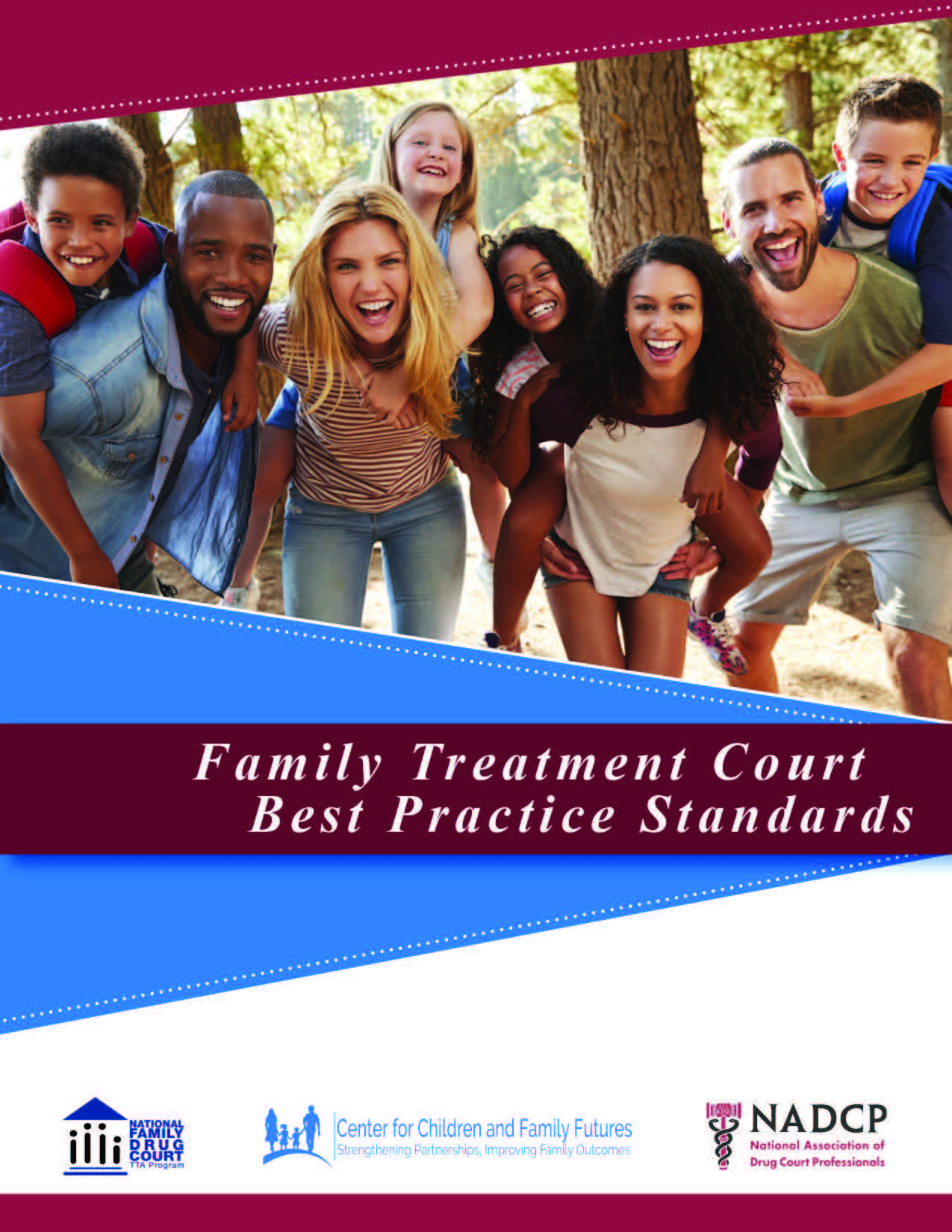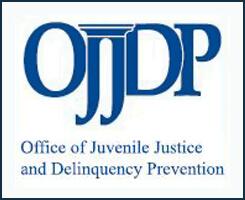Over the past 20 years, experts in the youth justice field have generally agreed on the importance of youth and family engagement in the development and implementation of programs designed to prevent delinquency, intervene with system-involved youth, and prevent recidivism. … Read More
Best Practices

Child Welfare Practice Tip Sheets Series
This five-part series was developed for child welfare workers serving families affected by parental substance use disorders (SUDs). The purpose of the tip sheets is to increase knowledge, improve engagement of families, identify opportunities to plan for safety, and highlight … Read More

Enhanced Resource Guidelines – Improving Court Practice in Child Abuse and Neglect Cases
The National Council of Juvenile and Family Court Judges (NCJFCJ) has announced the release of the Enhanced version of the Resource Guidelines to improve court practice in child abuse and neglect cases, 20 years after the original publication. “The Enhanced Resource Guidelines will serve as the … Read More

Best Practice Standards: Ensuring ‘Equity and Inclusion’ in Family Treatment Courts
The Family Treatment Court Best Practice Standards (BPS) provide local jurisdictions, states, tribes, and funders with clear practice guidance; the goal is to improve outcomes for children, parents, and families affected by SUDs and involved in child welfare. While all … Read More
CHILD AND FAMILY SERVICES REVIEWS: How Judges, Court Administrators and Attorneys Should Be Involved
CHILD AND FAMILY SERVICES REVIEWS: How Judges, Court Administrators and Attorneys Should Be Involved The Children’s Bureau within the U.S. Department of Health and Human Services, Administration for Children and Families conducts Child and Family Services Reviews (CFSRs) in all States periodically to ensure conformity with Federal child welfare requirements, to gauge … Read More
Collateral Consequences of Criminal Convictions: Judicial Bench Book
Collateral consequences are legal disabilities imposed by law that result from a criminal conviction. The laws that spawn these collateral consequences can create social and economic barriers for those with criminal convictions. They are known to adversely affect adoptions, housing, … Read More
Collateral Consequences of Criminal Convictions: Judicial Bench Book
Collateral consequences are legal disabilities imposed by law that result from a criminal conviction. The laws that spawn these collateral consequences can create social and economic barriers for those with criminal convictions. They are known to adversely affect adoptions, housing, … Read More

